Larry Brown's Odyssey
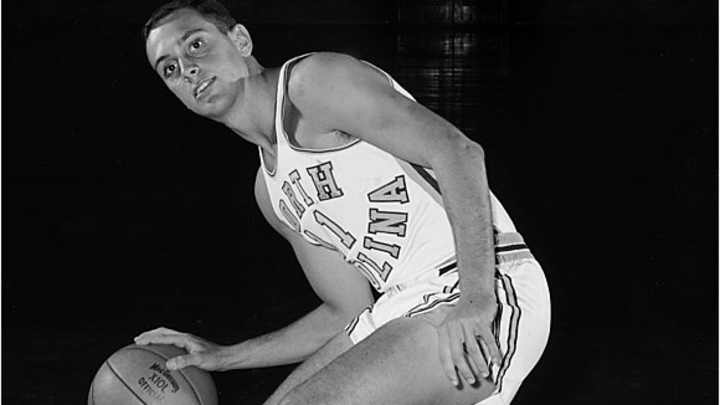
Larry Brown's Odyssey

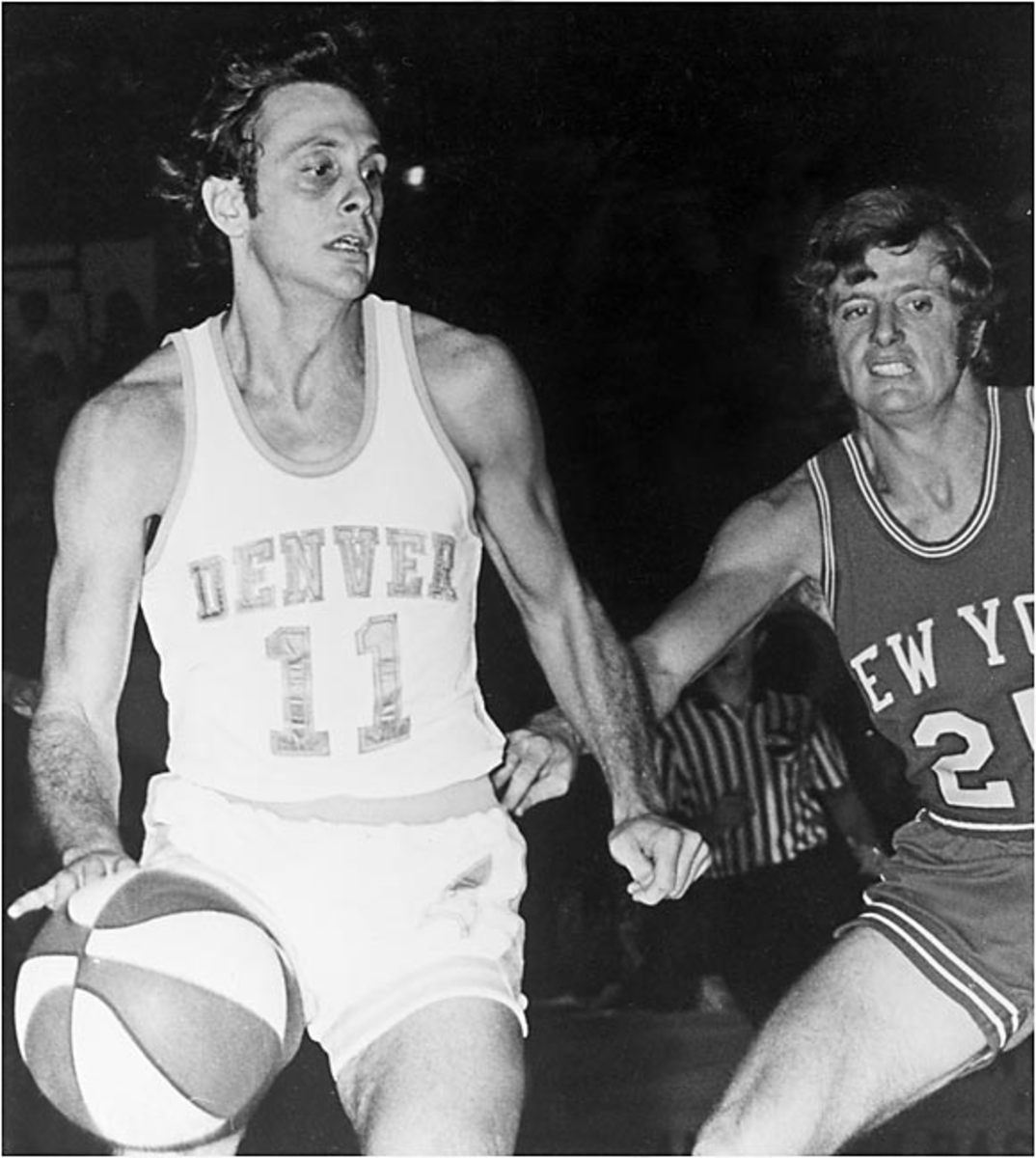
After playing for the 1964 U.S. Olympic team, Brown suited up for five ABA teams in as many seasons, was a three-time All-Star and became the league's all-time assists leader.
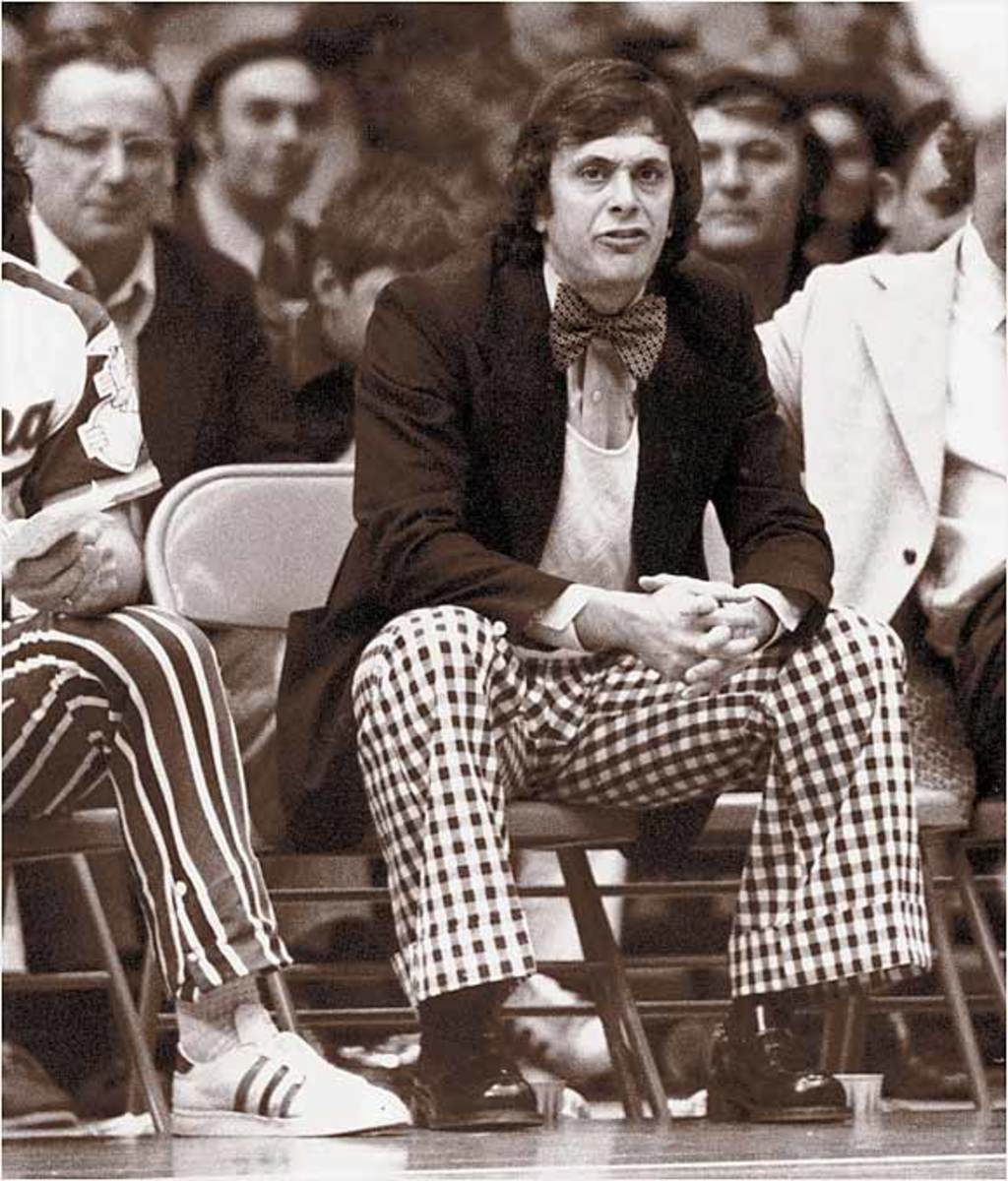
"I just want to help players get better. When you do that, good things happen," says Brown, whose first pro coaching job was from 1972 to `74 with the Carolina Cougars of the ABA, with whom he won Coach of the Year honors.
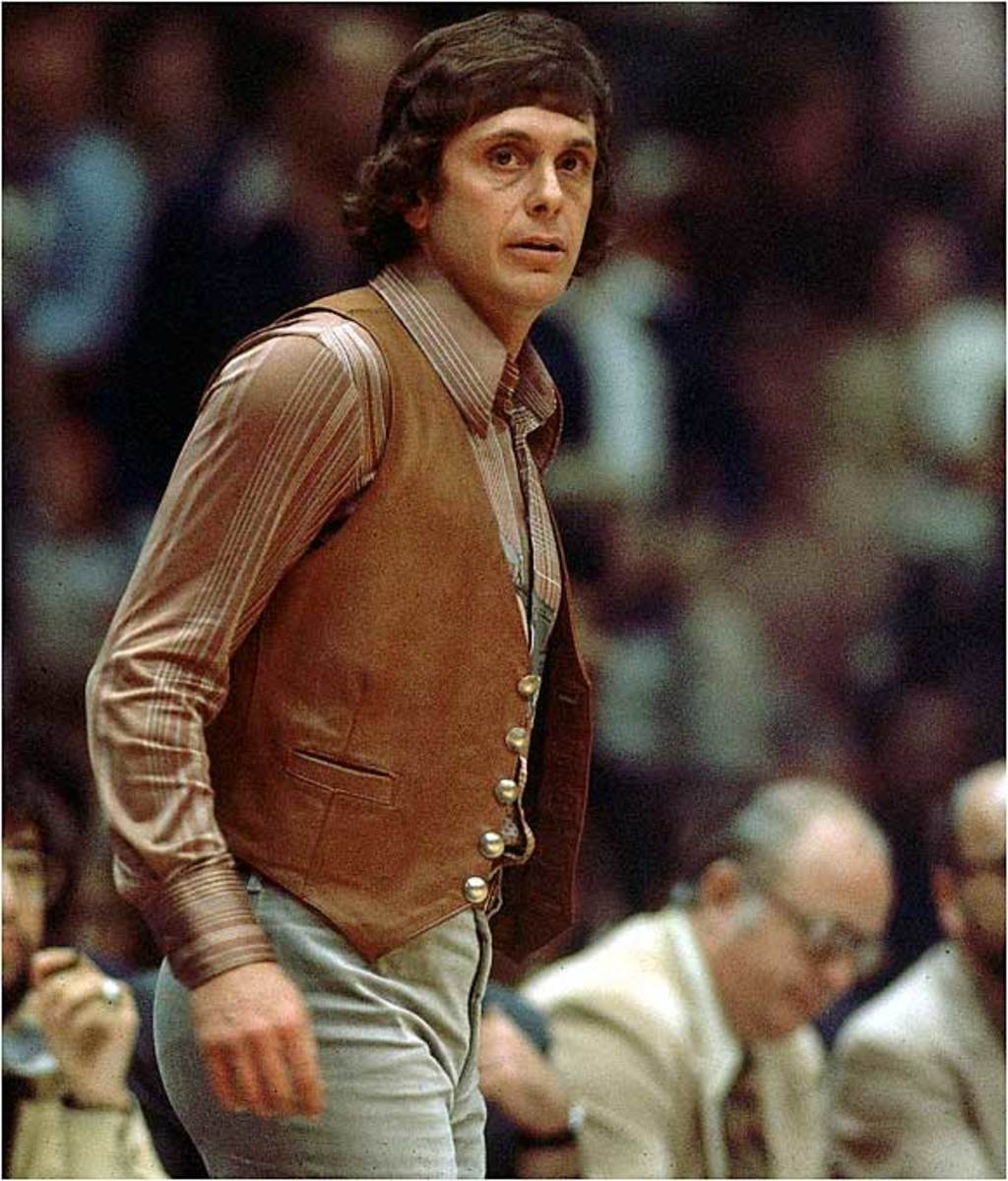
Before he had hip-replacement surgery, Brown was somewhat of a hip dresser in Denver, where he guided the Nuggets from 1974 to `79.
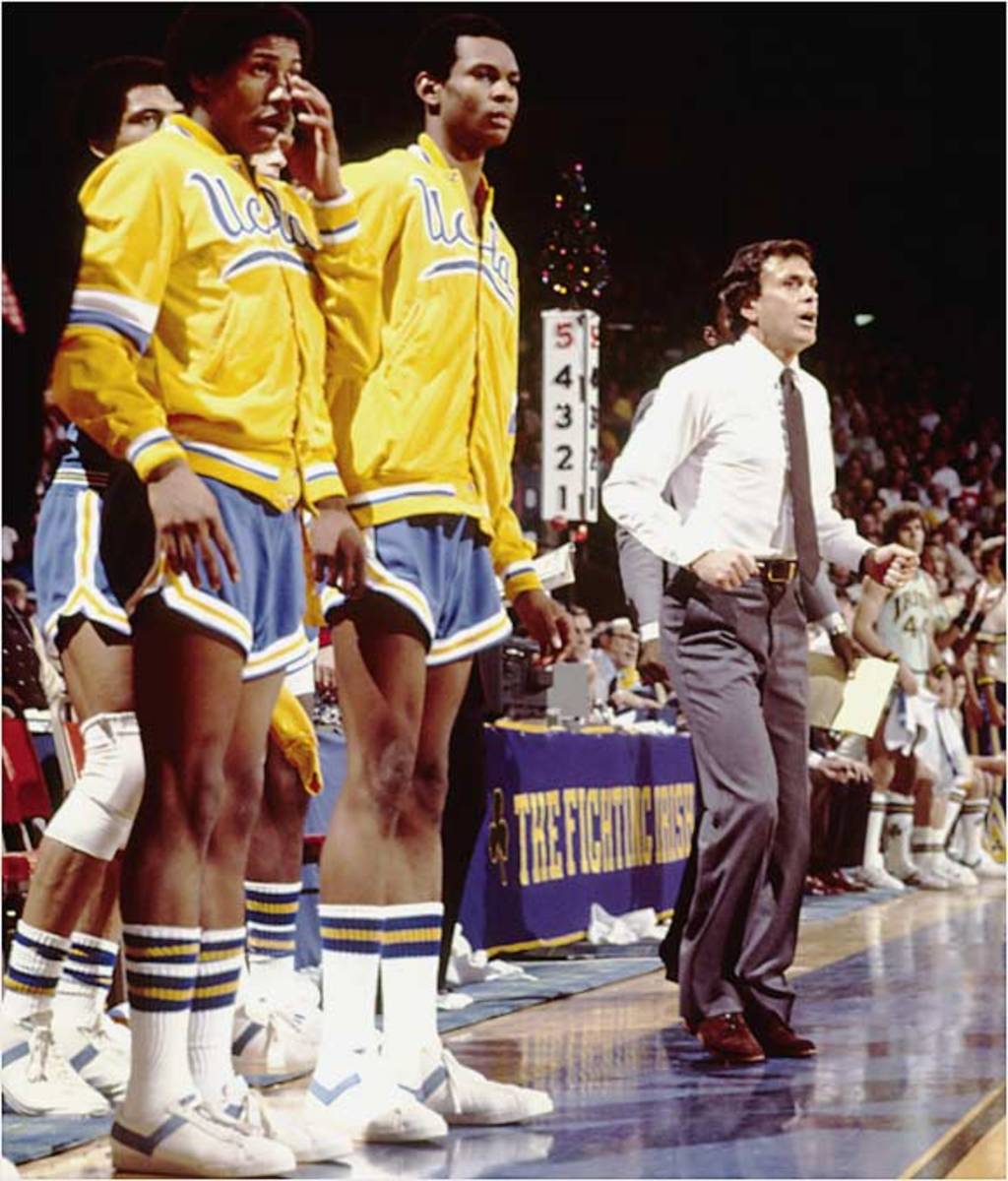
After resigning from the Nuggets in February 1979, citing health problems and fatigue in a tearful goodbye, Brown turned to a less stressful profession: coaching college kids instead of spoiled pros. In the first of his two seasons at UCLA, he relied on four freshmen and a 6-foot-5 center to get the Bruins to the NCAA championship game, where they lost to Louisville.
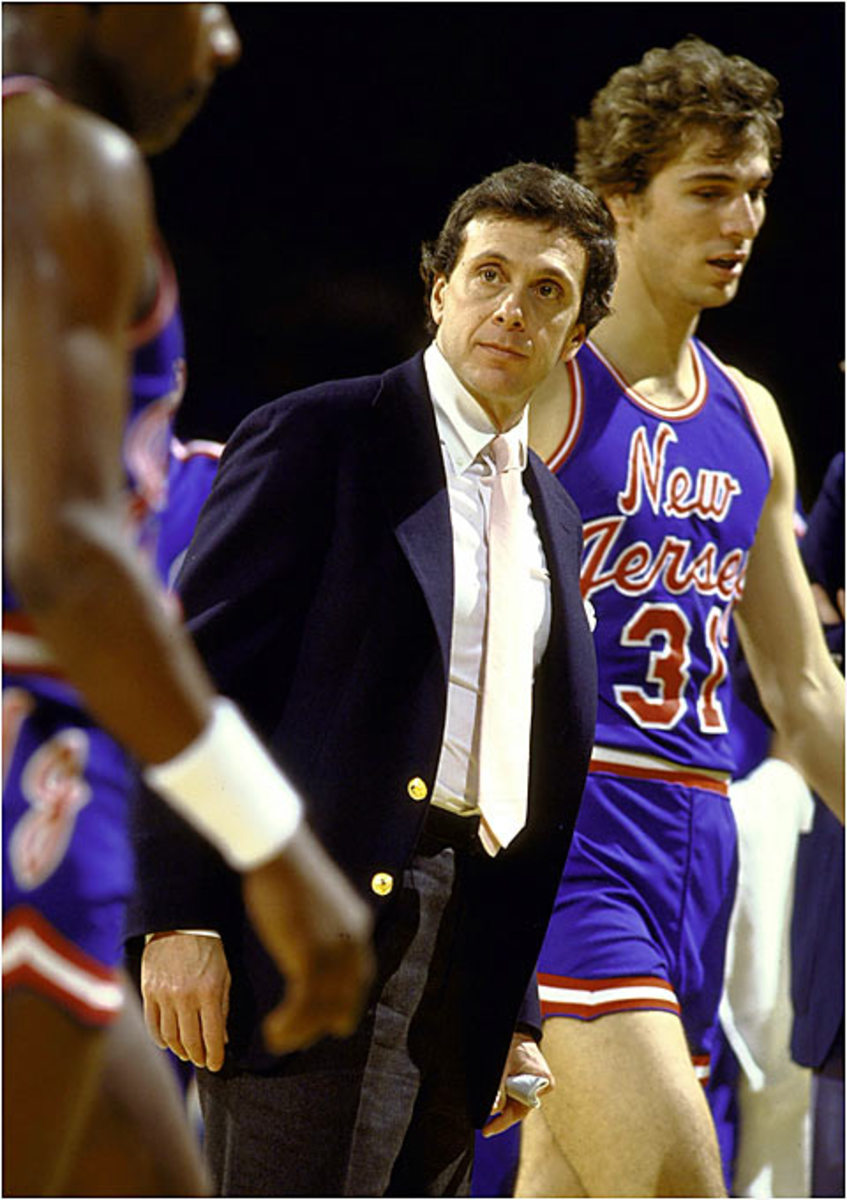
Brown didn't waste any time joining the New Jersey Nets when they quadrupled his salary with a four-year, $800,000 package in 1981. But the Nets didn't waste any time, either, in dumping him with six games left before the playoffs after learning that he had secretly interviewed for the vacant Kansas job. Team co-owner Joe Taub caught up with Brown just as the Nets were preparing to leave town on a flight out of Newark.
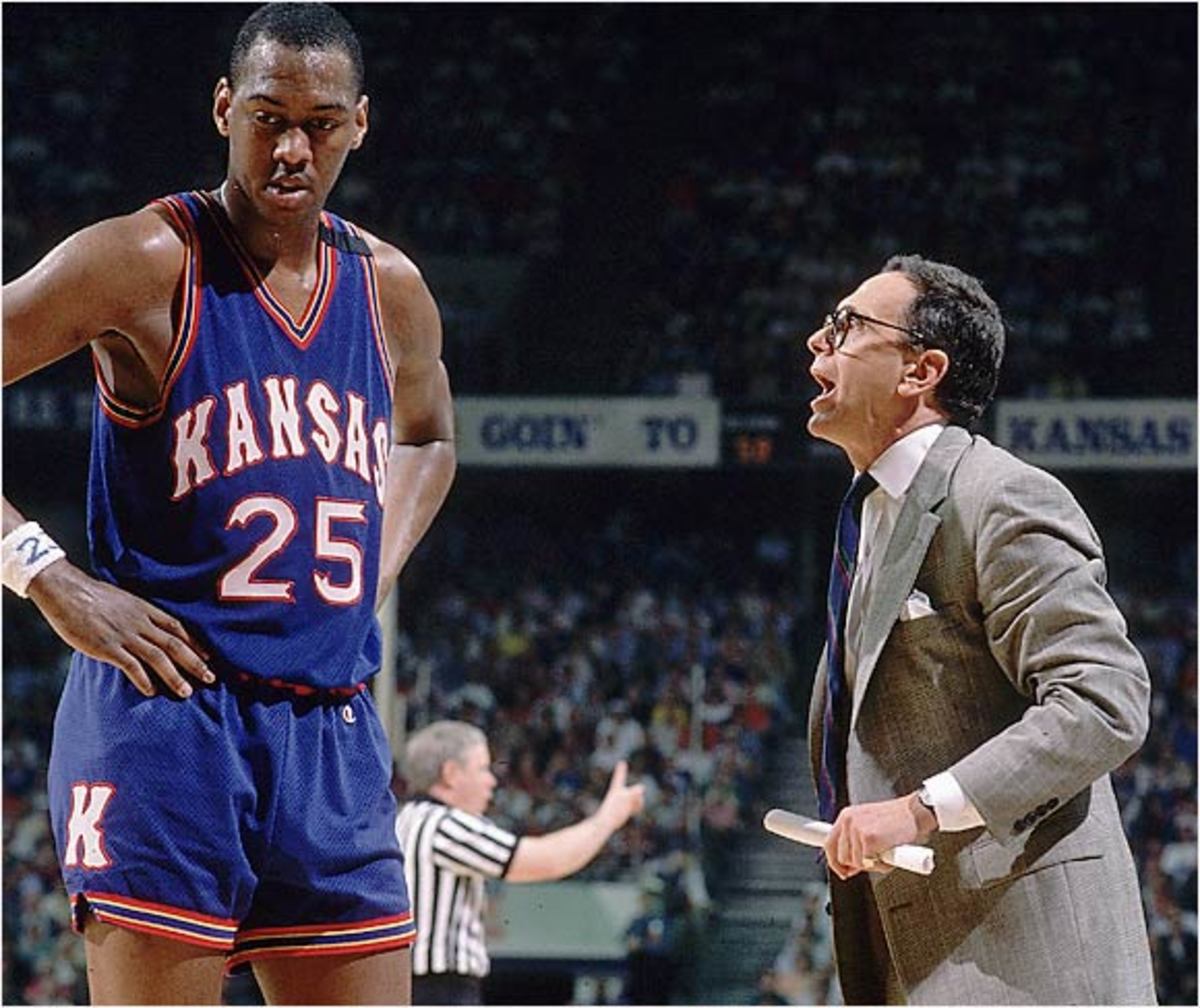
The Jayhawks experienced the best of times and worst of times with Brown. Kansas had five consecutive 22-win seasons under his tutelage and won the 1988 NCAA title but got put on three years' probation for violations under his watch and became the first NCAA champion not allowed to defend its national title.
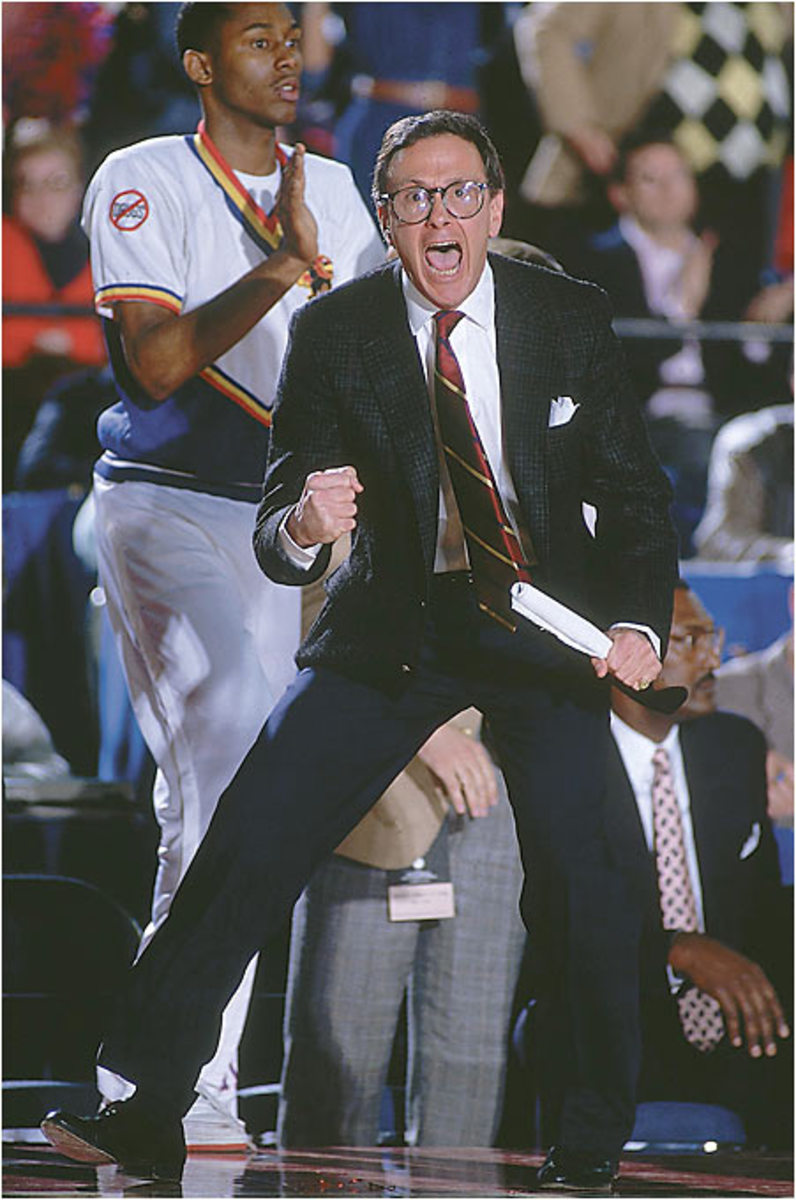
"[The NCAA] spent 21/2 years investigating us [Kansas], and they came up with Vincent Askew. One kid. My violation was him going home and back to see his ill grandmother. I gave a kid $346 to fly home and back," Brown told the St. Petersburg Times in 1988. "The saddest part about this whole [NCAA] penalty is that kids who had nothing to do with this are being penalized. I've always maintained as a coach that you try to help all kids. But if they affect the other players, it's gotta stop. Obviously, I didn't do that because of what happened. I made a bad mistake in judgment. It was terrible judgment on my part."
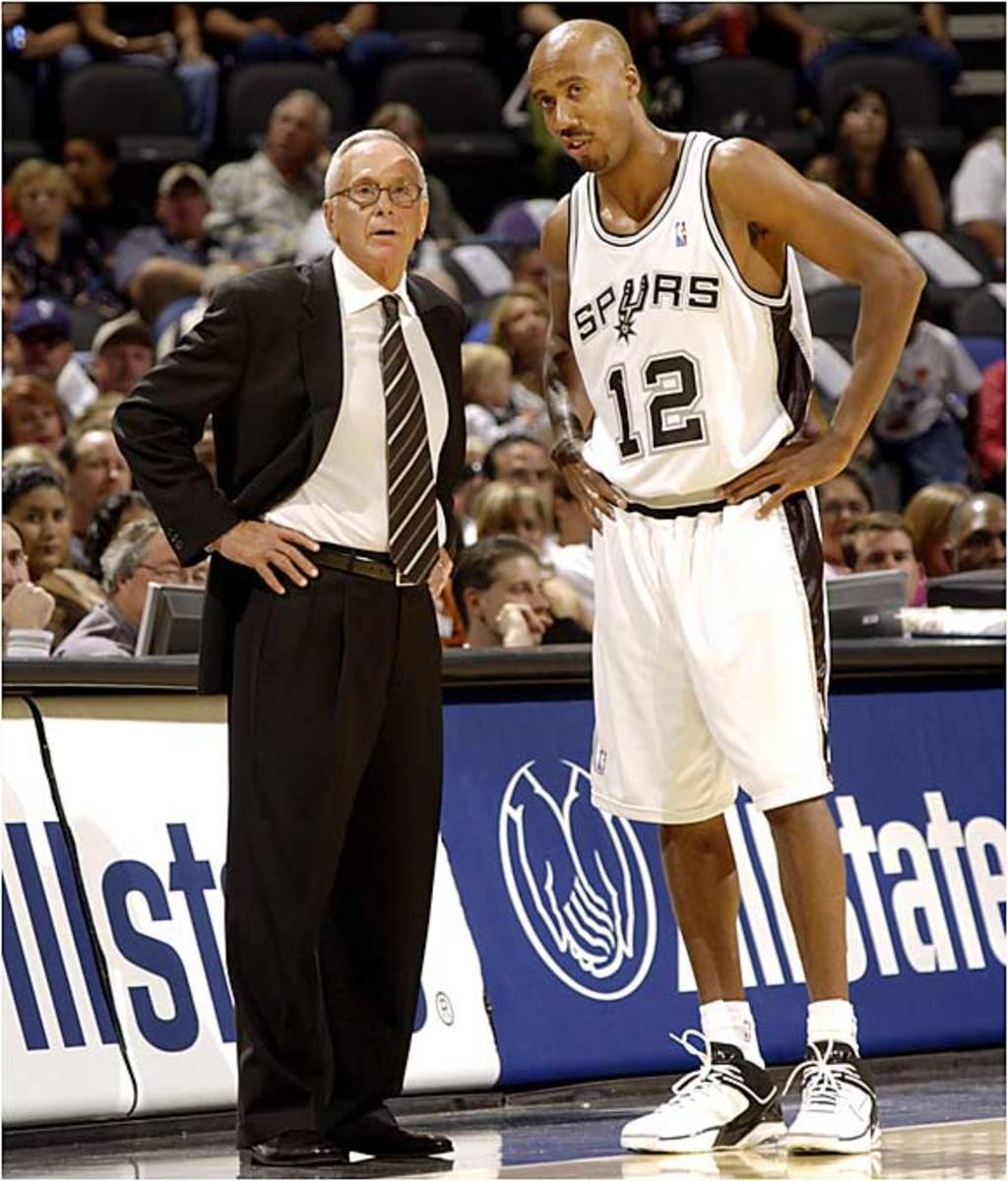
Two months after having led Kansas to the NCAA title, and hours after accepting and then turning down a repeat stint as UCLA's coach, Brown took a five-year, $3.5 million offer from the Spurs that made him the NBA's highest-paid coach. The team fired him toward the end of the 1991 season, prompting Brown to tell USA Today, "Yeah, this has been the first time I've been fired. Of course, that doesn't mean I haven't deserved it before."
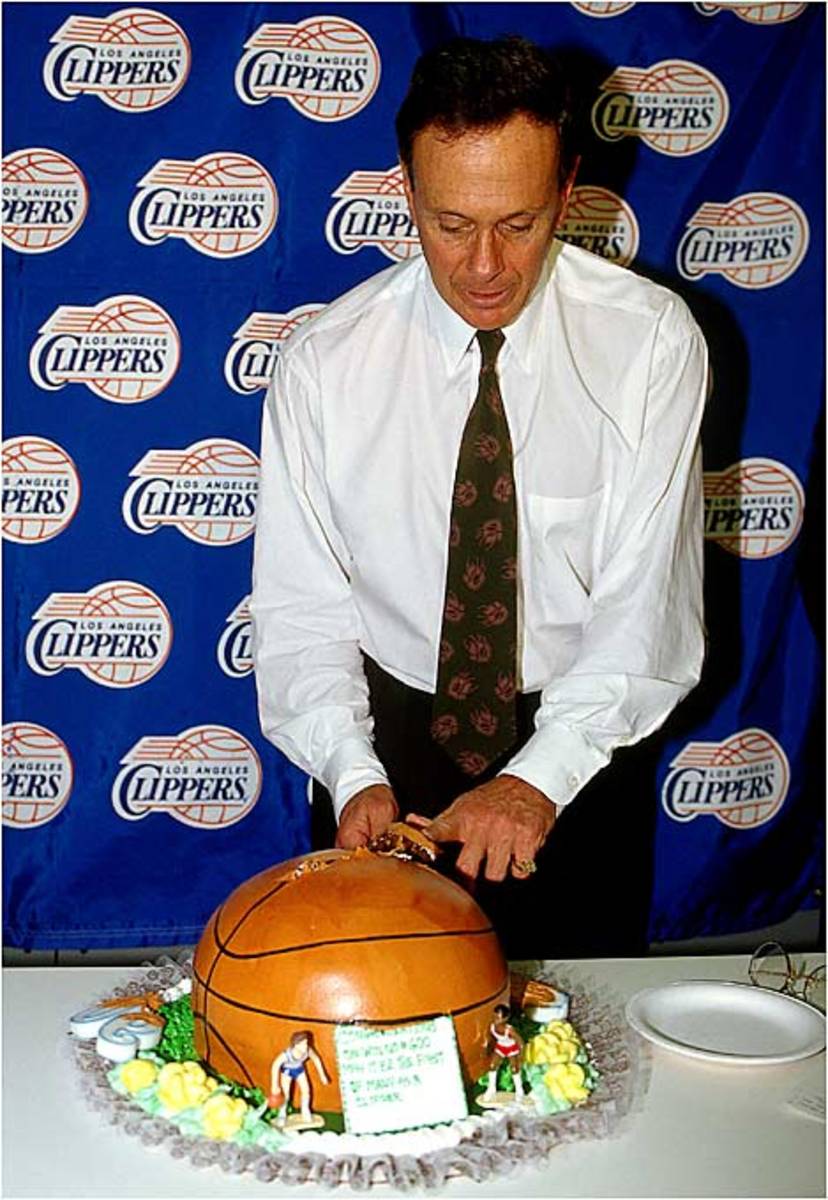
The Clippers found that they couldn't have their cake and eat it, too. Though Brown twice took the team to the playoffs, he infuriated team officials by going public with his unhappiness about personnel moves and left them in a lurch when he bolted with two years left on his contract.
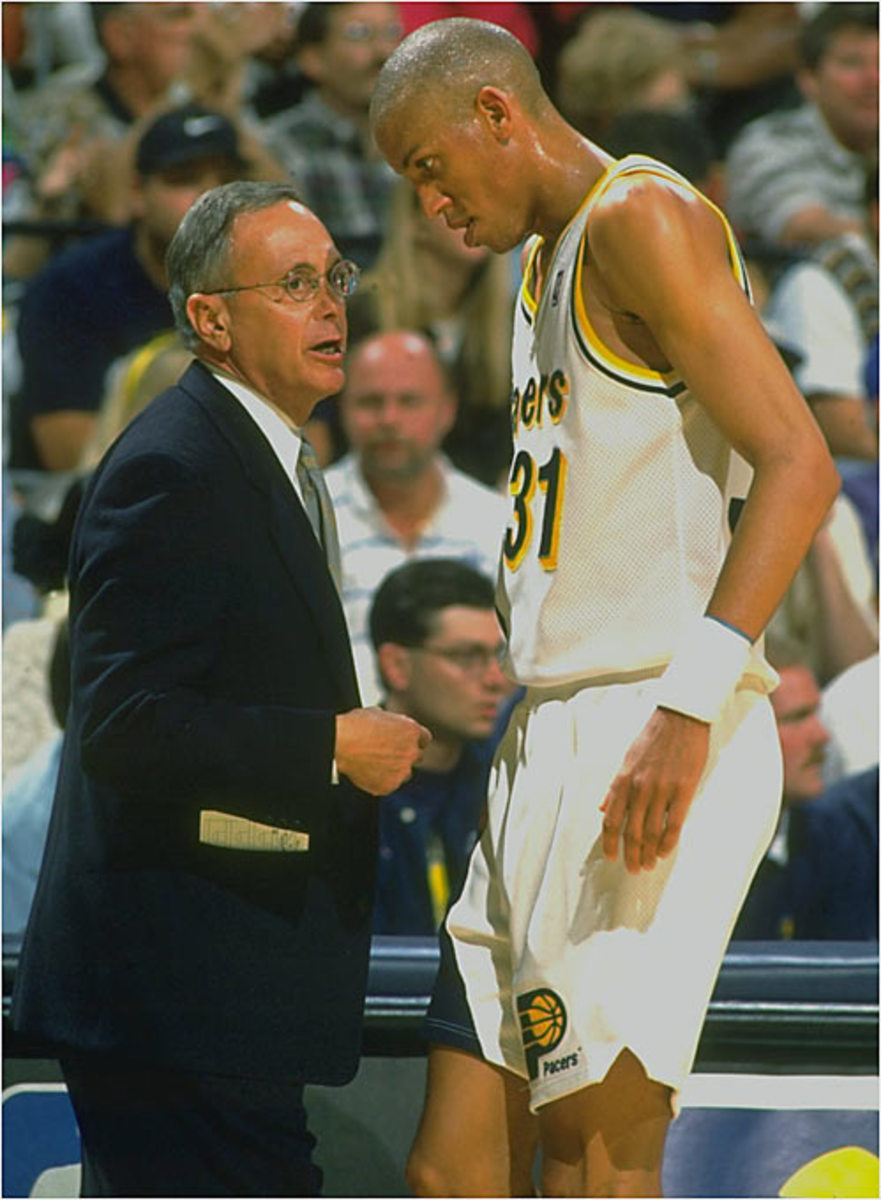
Hired by his old friend Donnie Walsh to coach the Pacers, Brown immediately led the team to 47 wins, the most in franchise history, and followed that with a pair of 52-win seasons. But he suffered his second losing season in 25 years of coaching in 1996-97 and called it quits.
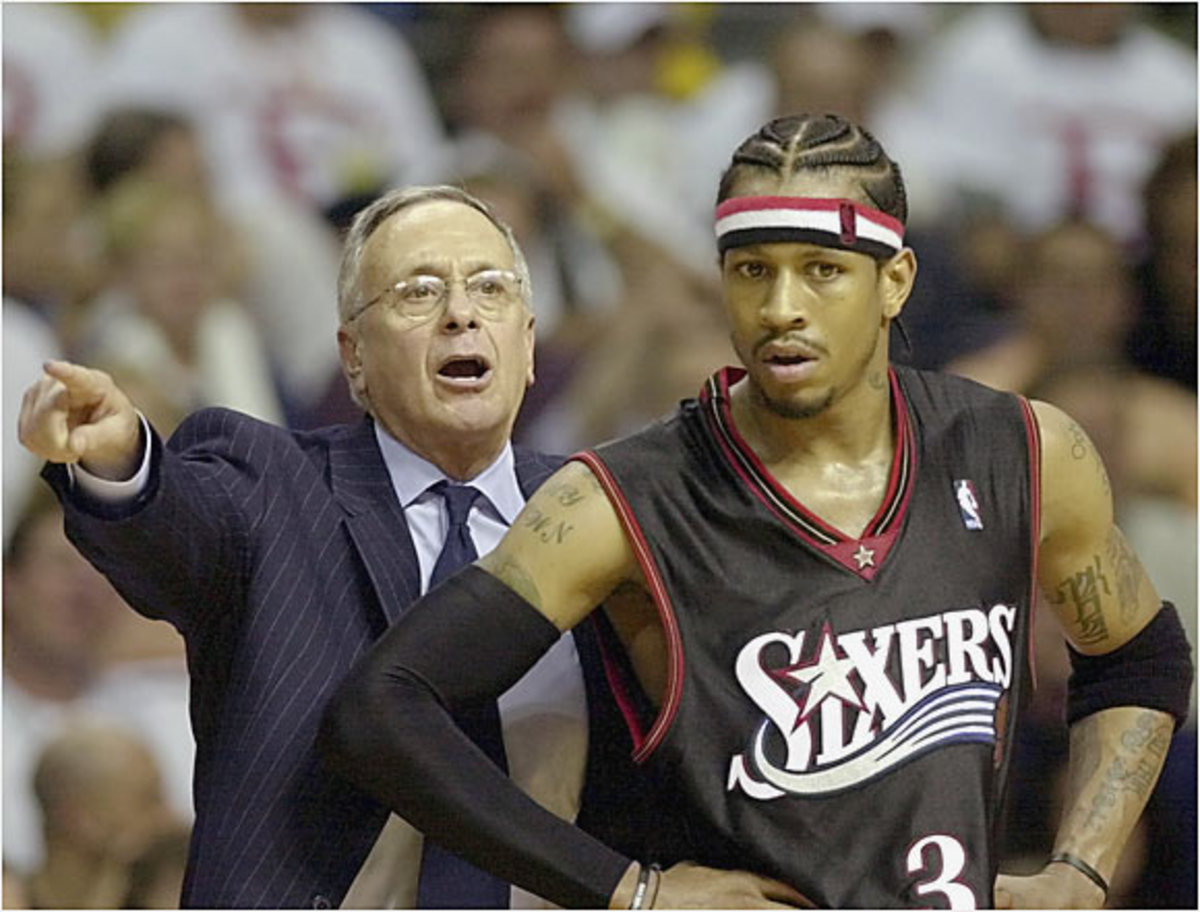
Hours after resigning from Indiana, Brown flew to Philadelphia, where he spent six bittersweet seasons. Though he often battled with star guard Allen Iverson, the two did reach the NBA Finals in 2001, the same year Iverson was named league MVP.
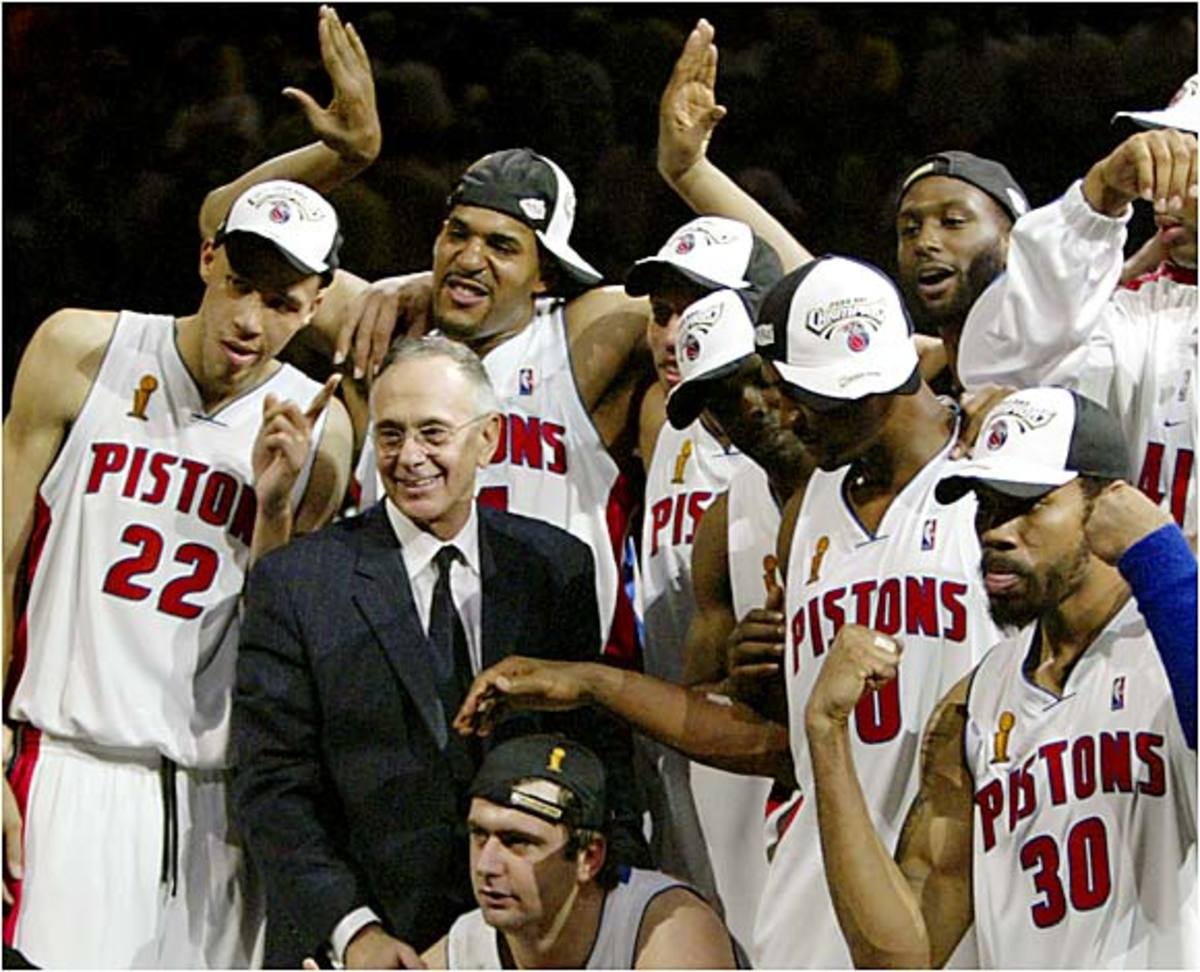
In his first season with the Pistons (2003-04), Brown became the first male coach to have won both an NCAA and an NBA title, but the good times didn't last for long. Late in the next season, the Pistons grew tired of reports that Brown was negotiating for a new job and bought out his contract.
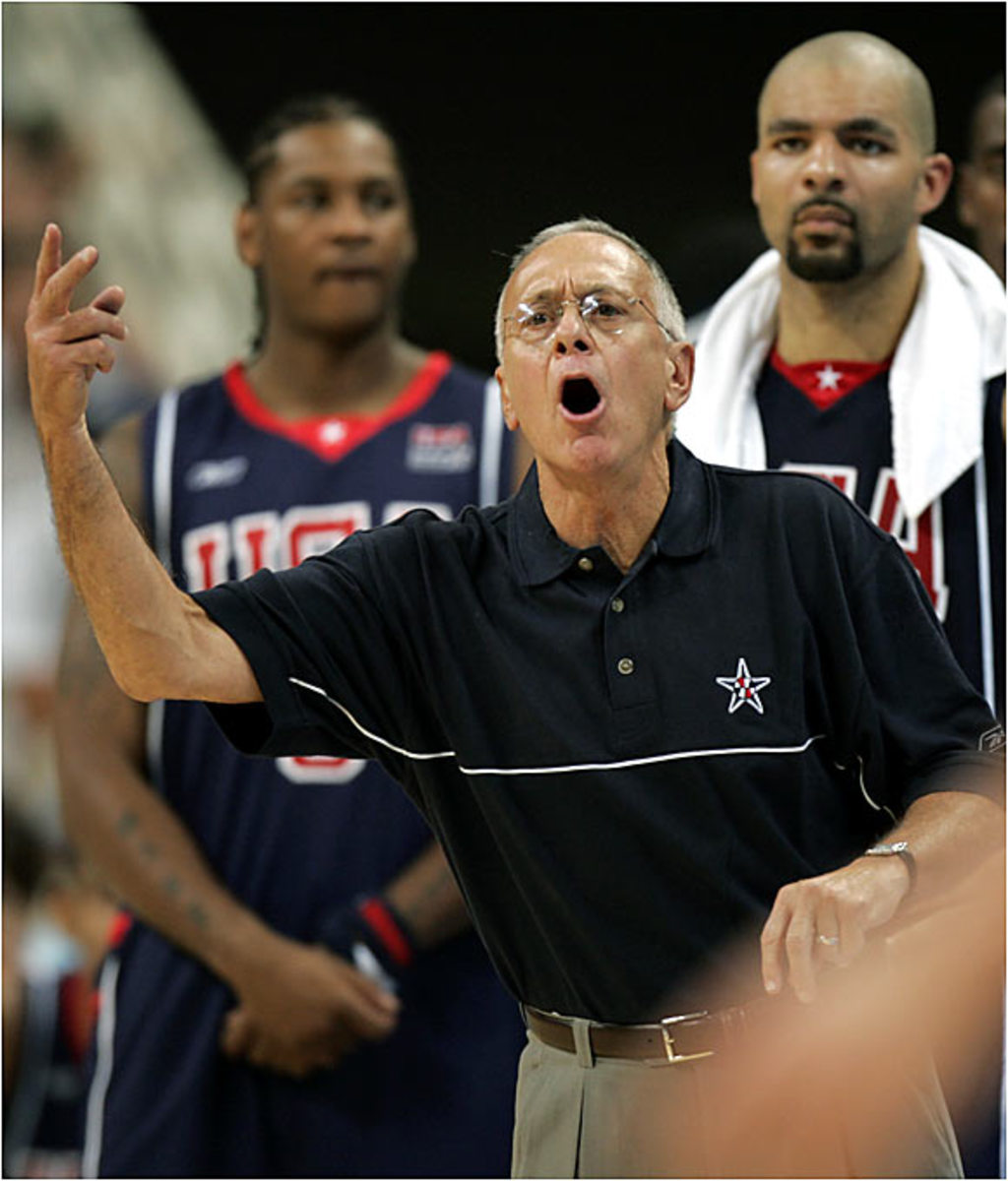
"By adding Olympic gold in Athens, Brown could have separated himself from all peers. That's where the movie was going," Chicago Sun-Times columnist Jay Mariotti once wrote of Brown. "But in Greece, Brown clashed with his unprepared, cruise-ship pampered team, prompting him to rip his players after games. Just when progress was detected, Team USA was blitzed by Manu Ginobili, Andres Nocioni and Argentina in the semifinals. The bronze medal was a severe blow to Brown's reputation."
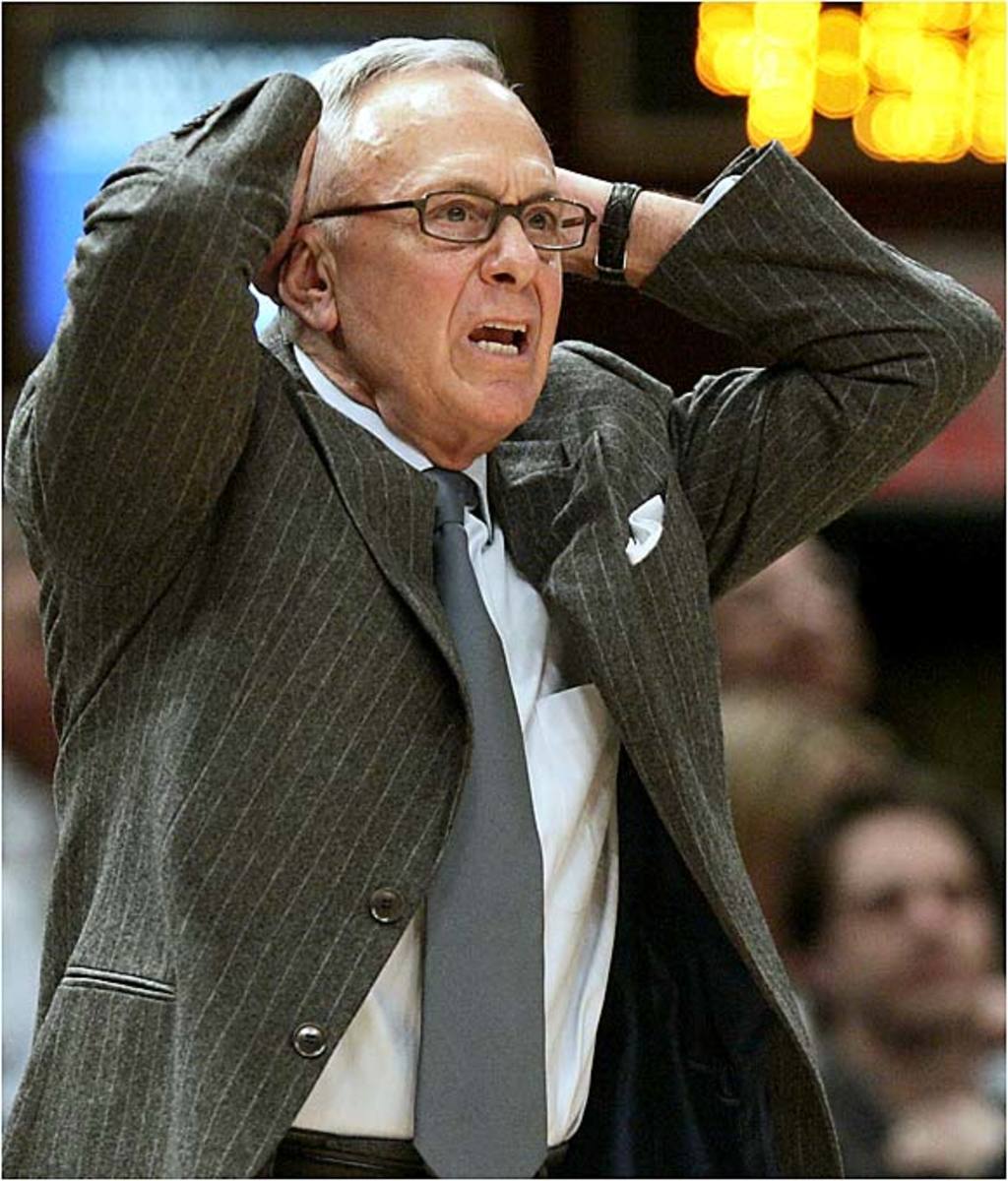
The Knicks gave Brown a five-year, $50 million contract, but the team stunk in his first season, and he was fired on June 22.
